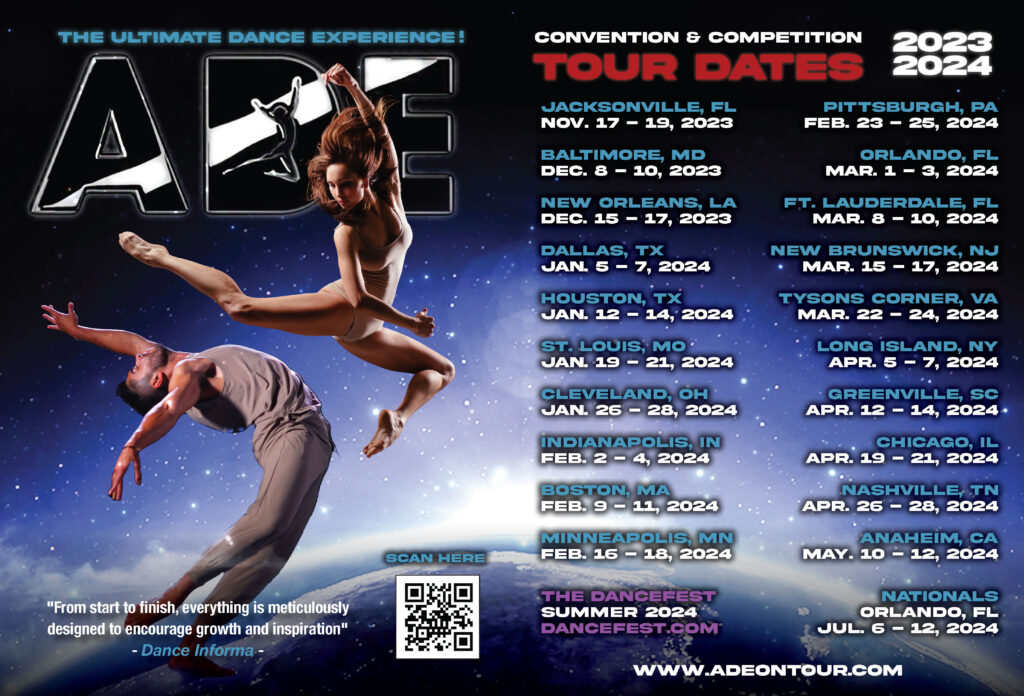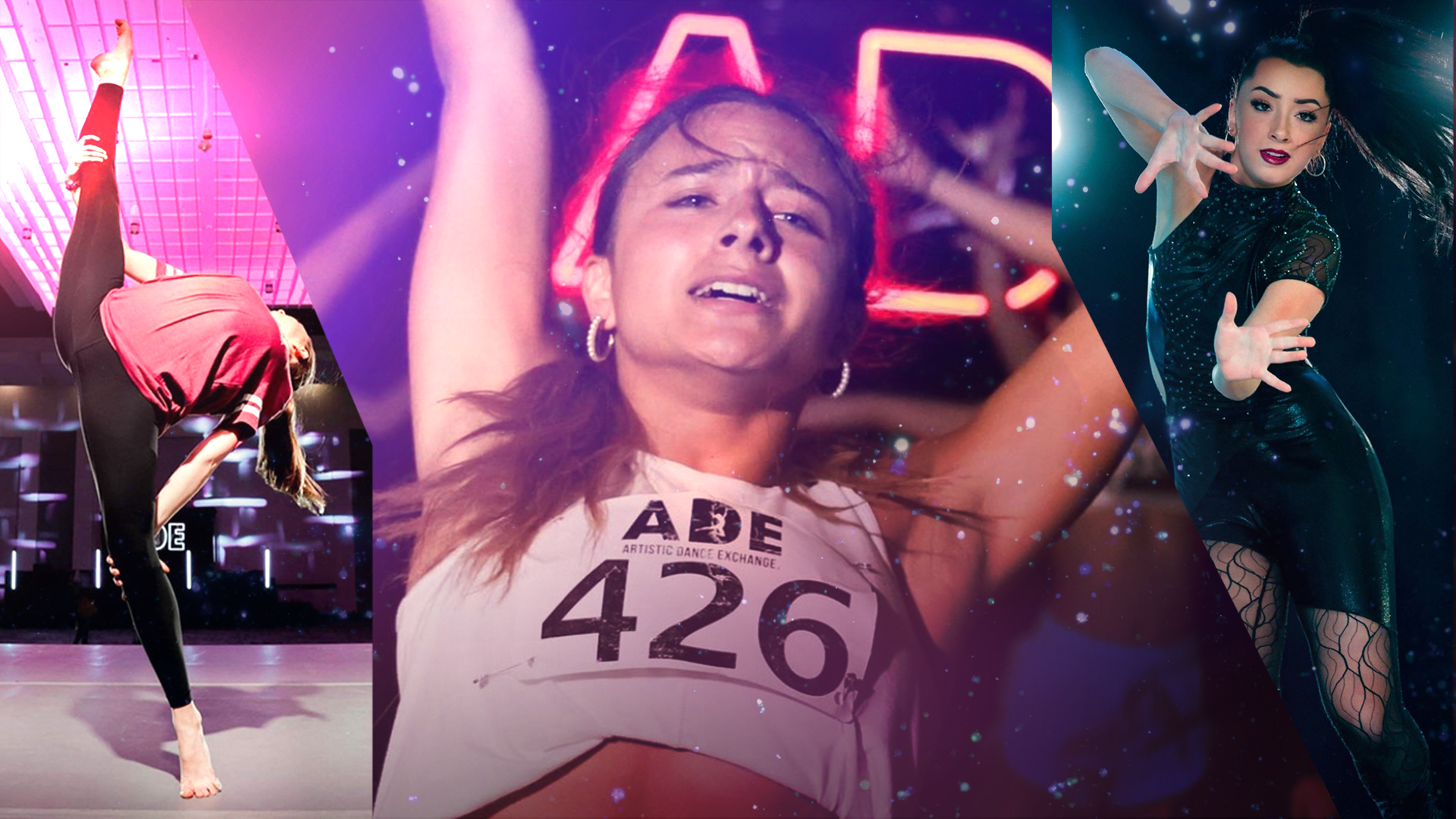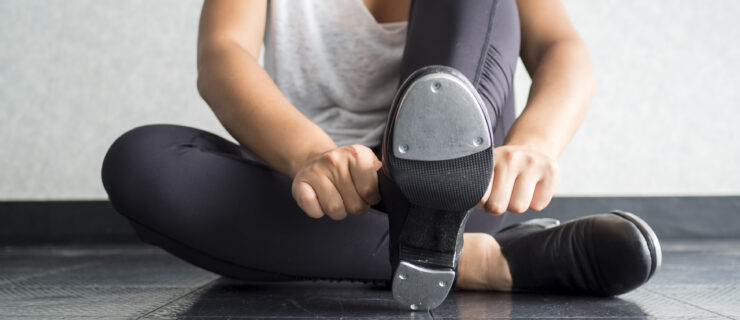Artistic Dance Exchange’s Industry Opportunities Give Dancers More Than a Trophy
After years of taking their students to conventions where the dancers never seemed to leave with lasting takeaways, Alex Chan and Juan Borona co-founded Artistic Dance Exchange in 2017. “At these dance conventions and competitions, they would receive a trophy, and that was kind of it,” Chan says. So he and Borona vowed to form a program that would “pay attention to dancers’ experiences,” Chan says.
Together, the duo has since built a robust national tour of convention and competition programming that, at its core, puts all dancers first. ADE experiences don’t stop at the end of a weekend event. Instead, the organization directly connects student dancers with further training and performance opportunities, including talent agency representation, college scholarships, and international exchange programs awarded during its Nationals event in Orlando.
From the Comp Stage to Performing Internationally
“Cultural exchange is something you can’t replicate,” Chan says. Through programs like these, the experience becomes the award. ADE now hosts about 20 weekends of tour dates across the U.S., awarding more than $25,000 in scholarships at each event. These weekends culminate with the ADE Nationals in Orlando, where qualifying dancers are then offered the opportunity to attend a national dance festival abroad. ADE currently partners with festivals in Argentina, Mexico, Spain, and the UK.
Last year, Chan and Borona led a group of 12 students to Mendoza, Argentina, where they became the first-ever group of American dancers to compete in a Latin World Cup. The cherry on top of an already sweet experience? The group won first place. “It was fantastic,” Chan says.
ADE’s Prodigy Program
The success of these exchanges is emblematic of ADE’s larger mission: to give all students in attendance an experience that goes beyond a trophy. Domestically, ADE’s Prodigy Program recognizes students’ talent via free opportunities to continue training with and assisting ADE’s faculty.
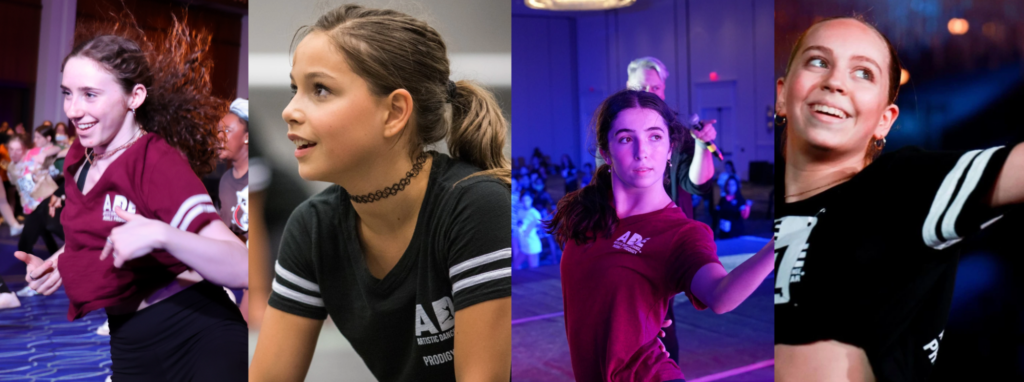
Prodigies are divided into three levels: All-Stars dancers, selected in each city, win training opportunities with ADE’s faculty for a full year. Students at the Junior to Intermediate (ages 9–12) and Teen & Seniors Advanced (ages 13–19) levels are both eligible.
Noble Prodigies receive the same benefits as All-Stars, plus the chance to assist faculty onstage. They also perform in choreography showcases at each regional weekend, and receive discounted tuition to Nationals.
Judges then choose students for the most-revered tier, Dancer of the Year, from those named Prodigies at any regional city. DOTYs win a package valued at more than $10,000 per winner for training and hotel stays for themselves and their family. The title also comes with further opportunities to assist faculty onstage. Each season, ADE selects six total DOTYs, three male and three female, from its Junior, Teen, and Senior age levels.
Connecting Dancers to Professional Experiences
Tara Vecchio was part of ADE’s first Noble Prodigy class in 2018. “I had such an incredible experience,” she says. After training with ADE as a student, she has since returned as a staff member and is now an Emerging New Artist with the organization, teaching contemporary fusion.
“Being Noble definitely helped me make a name for myself,” Vecchio says. “I met a lot of great dancers and choreographers that helped me ease my way into the industry.”
After her time as a Noble Prodigy, she danced in projects with Jennifer Lopez, Julianne Hough, and BTS, and in the movie In the Heights. “A lot of those had to do with connections I made through ADE,” she says.
Faculty Who Are Dedicated to Dancers’ Success
These connections are not an accident, says Chan. Borona, who manages ADE’s faculty, only selects industry professionals whom he feels understands the essence of teaching on an interpersonal level. The rigorous selection process often takes over a year.
“You could be an amazing dancer, an amazing choreographer, and if you are not able to impart that knowledge to somebody else, you’re not a teacher,” Chan says. Current ADE faculty include Kevin Frey, Alex Wong, Ian Eastwood, Ryan Ramirez, Matt Cady, Gianna Martello, and Geo Hubela.
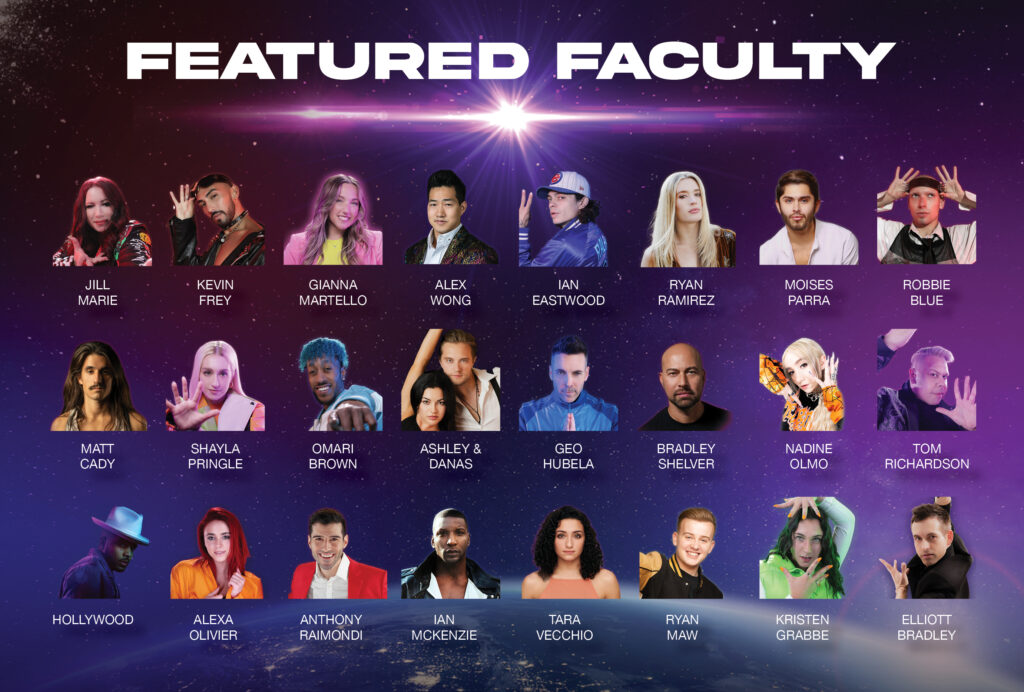
“There’s not much room for egos,” says Jill Marie, ADE’s regional director and jazz faculty member. “It’s really about [the students] and not us, and we want them to feel that way.”
No-Stress Opportunities
As regional director, Marie helps manage all ADE weekends, which are designed to be as inclusive as possible. “One thing that I love about ADE is that the kids get to wear their numbers throughout the entire weekend,” Vecchio says, meaning that dancers are evaluated for further opportunities throughout the event as opposed to a single scholarship audition. “A lot of conventions just have an audition class, which is more stress, and then the kids feel like the rest of the weekend doesn’t really matter.”
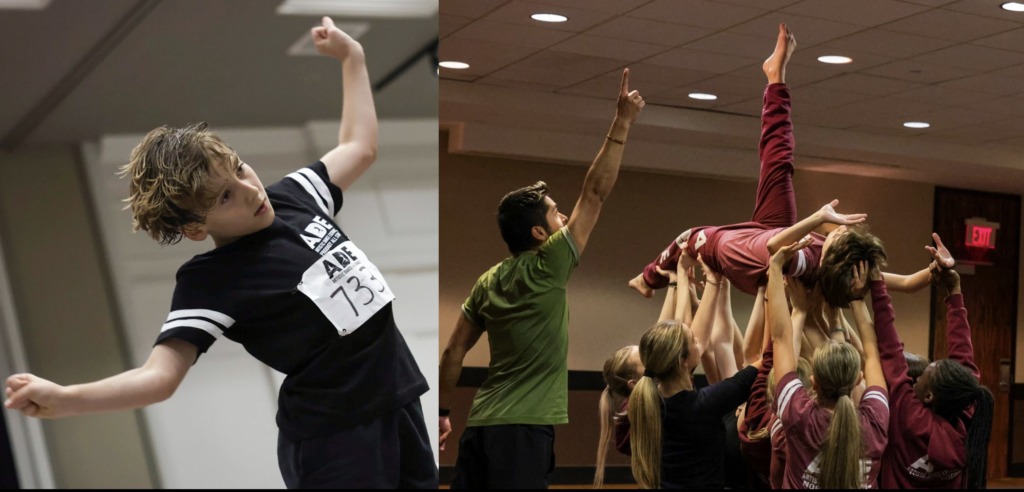
Constantly Improving Studios’ Experiences
While the faculty are engaging with students, Marie and her team turn their focus to the studio owners, teachers, and parents in attendance. At the end of each weekend, ADE’s leadership hosts a feedback meeting to understand how they can better studios’ experiences the next year.
“What might be okay or acceptable or welcoming in Miami may not be the same thing in Minneapolis,” explains Marie. For instance, ADE has incorporated feedback to adjust its programming across the country: Many Southern cities now include clogging classes, which Chan says were added after hearing requests from studios the year before. And after Miami attendees requested ballroom classes, ADE incorporated ballroom training in all cities.
As a result, ADE can cater to a wider range of studios and students. Dancers with professional aspirations can find their place among the high-level competition, but Chan says ADE is also a convention for “the shy kids, or the kids that are not in it all the way. They have a chance to shine. Because of the atmosphere, they feel comfortable to step outside their box, to get some recognition.”
This skill range sets ADE apart from many of its competitors, offering students well-rounded experiences which push students to take risks as the faculty and staff cheer them on.
“A lot of people say that ADE is the most supportive, non-drama–feeling convention,” Chan says. “The energy is different, and we really want to keep it that way.”
Explore Artistic Dance Exchange’s 2023–24 tour schedule here, and register now to experience the ADE difference.
